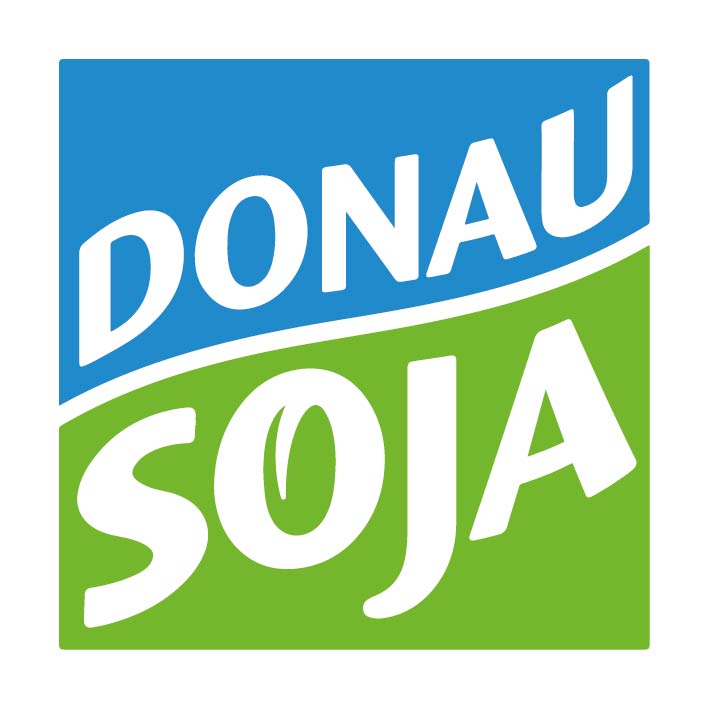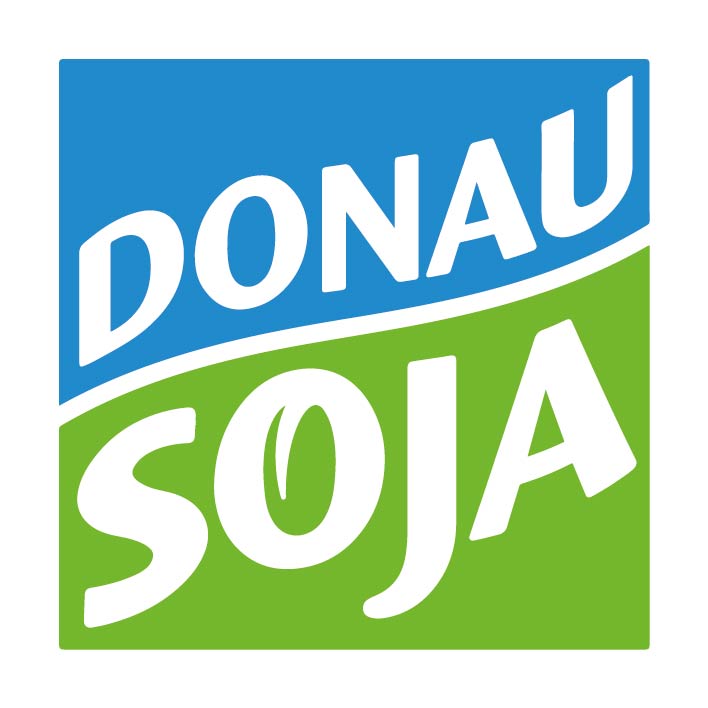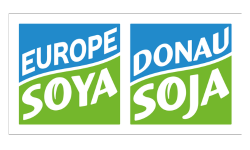The European Union (EU) has recently released several legislative initiatives as part of the Green Deal, aimed at strengthening sustainability and responsibility within businesses operating in the EU.
These initiatives introduce new product- and supply chain-related due diligence and sustainability requirements for companies. Hence, an increasing number of companies is legally required to identify, assess, and address environmental and human rights risks both within their own operations and along their supply chains. In addition, there are more and more private sector requirements that mandate deforestation-free and CO2-reduction in supply chains.
The strategic use of strict standards such as Donau Soja is becoming an increasingly important component of corporate due diligence to help ensure compliance. Donau Soja stands for deforestation-free, conversion-free and low-carbon soya cultivation. The Donau Soja CO2 data is based on life-cycle-assessment (LCAs) and is available as primary datasets in recognised databases, like Agrifootprint, Sustell, gfli, as a basis for your own calculations.
The key points include:
EU Deforestation Regulation (EUDR)
The trilogue on 3 December 2024 concluded that the implementation period for the EUDR should be extended by one year to 30.12.2025 (for small companies, application date changed to 30.06.2026).
The European Parliament’s proposal to introduce a “zero risk” category was not adopted. The content of the original version with three risk categories, namely low, standard and high, therefore remains unchanged. The country benchmark, which will classify all cultivation countries into one of these three categories, is to be finalised by the end of June 2025.
Next steps
In order to implement the one-year extension of the legislation, the agreement must be adopted in the plenary session in the third week of December.
QS Sojaplus and AMA pastus+
From January 2024 on, all soya in animal feed in the German quality and safety scheme QS as well as in the AMA pastus+ system must be certified deforestation- and conversion-free (see new Soja Plus module). Donau Soja and Europa Soya are recognised by both systems as sustainability standards. Learn more about the QS and AMA pastus+ requirements on here.
Corporate Sustainability Reporting Directive (CSRD)
Starting from 2025 for the reporting year 2024, affected companies must report on environmental, social, and governance (ESG) aspects using a mandatory framework called European Sustainability Reporting Standard (ESRS). Through a double-materiality analysis, companies must determine for which ESG topics they must report on – with the exception of climate change. It is mandatory for all companies to implement a science-based CO2 reduction pathway. The SBTi is a good guide here.The CSRD mandates that companies to disclose ESG information within their annual reports, especially climate related data and carbon-reduction plans for their own operations and supply chains. Similar to financial reporting, these CSRD reports must be audited and certified by independent auditors to ensure that the information is reliable. By introducing these requirements, the CSRD aims to enhance transparency and the quality and scope of sustainability data available to investors, policymakers, and other stakeholders, promoting a more sustainable global business environment.
European Sustainability Reporting Standard (ESRS)
ESRS is the standard that has to be reported for the CSRD. It defines the framework for the ESG reporting. Thereby, it is mandatory for all companies to establish CO2-reduction goals and measures including Scope 3 emissions (within their supply chains), among others.
For SMEs that are not covered by the CSRD but are part of the supply chains of reporting companies, a voluntary reporting standard is being developed, the VSME. This helps SMEs to have an understanding of what is expected of them.
Science-based Targets Initiative (SBTi)
The SBTi is a global private sector initiative for the transformation toward a net-zero economy. Participating companies are required to publicly commit to their target and to develop a detailed, science-based CO2-reduction plan incl. Scope 3 emissions, encompassing the entire value chain. Almost 8,000 companies are part of the SBTi (May 2024).
Corporate Sustainability Due Diligence Directive (commonly referred to as the EU Supply Chain Act; CSDDD)
The CSDDD mandates companies within the EU to implement a series of due diligence obligations concerning their supply chains, regarding human rights and climate protection in line with the 1.5-degree target (Paris Climate Agreement) – which also implies CO2-reduction in their supply chains.
Benefits of Donau Soja & Europe Soya
Donau Soja is a pioneer in deforestation and conversion-free supply chains. Donau Soja offers not only certified soya that is grown in Europe without causing deforestation or harm to other valuable ecosystems but also helps companies to comply with further sustainability aspects of the new legislation or corporate commitments, such as:
- CO2-Reduction: Donau Soja/Europe Soya certified soya can significantly reduce the carbon footprint of products. This helps with upcoming legal requirements like the CSRD and the EU Supply Chain Act, as well as voluntary initiatives like the Science-Based Targets Initiative (SBTi). About 8,000 companies worldwide have committed to reducing CO2 in their operations and supply chains as part of SBTi. We work closely with other organisations to support our members in reducing CO2 and meeting SBTi goals.
- Traceability: Donau Soja/Europe Soya offer complete traceability of soya back to the field through a multi-stage control system and traceability certificates. Donau Soja is a pioneer here, providing companies with a significant advantage in implementing the EUDR.
- Land Conversion: Donau Soja/Europe Soya is grown in Europe and guaranteed conversion-free (cut-off date 2008), ensuring the protection of valuable ecosystems in addition to forests. This goes well beyond the requirements of the EUDR and helps companies and initiatives committed to deforestation- and conversion-free supply chains.
- Biodiversity: Donau Soja protects biodiversity through a variety of cultivation practices such as reduced pesticide usage, best practice water management and conversion-free cultivation.
- GMO-Free: Donau Soja/Europe Soya is guaranteed GMO-free
EUDR Projects – Join Now
Donau Soja invites interested companies to participate in projects to implement the EUDR NOW and establish sustainable, deforestation and conversion-free supply chains together. If you wish to participate or receive further information, please contact us at sustainability@donausoja.org.


